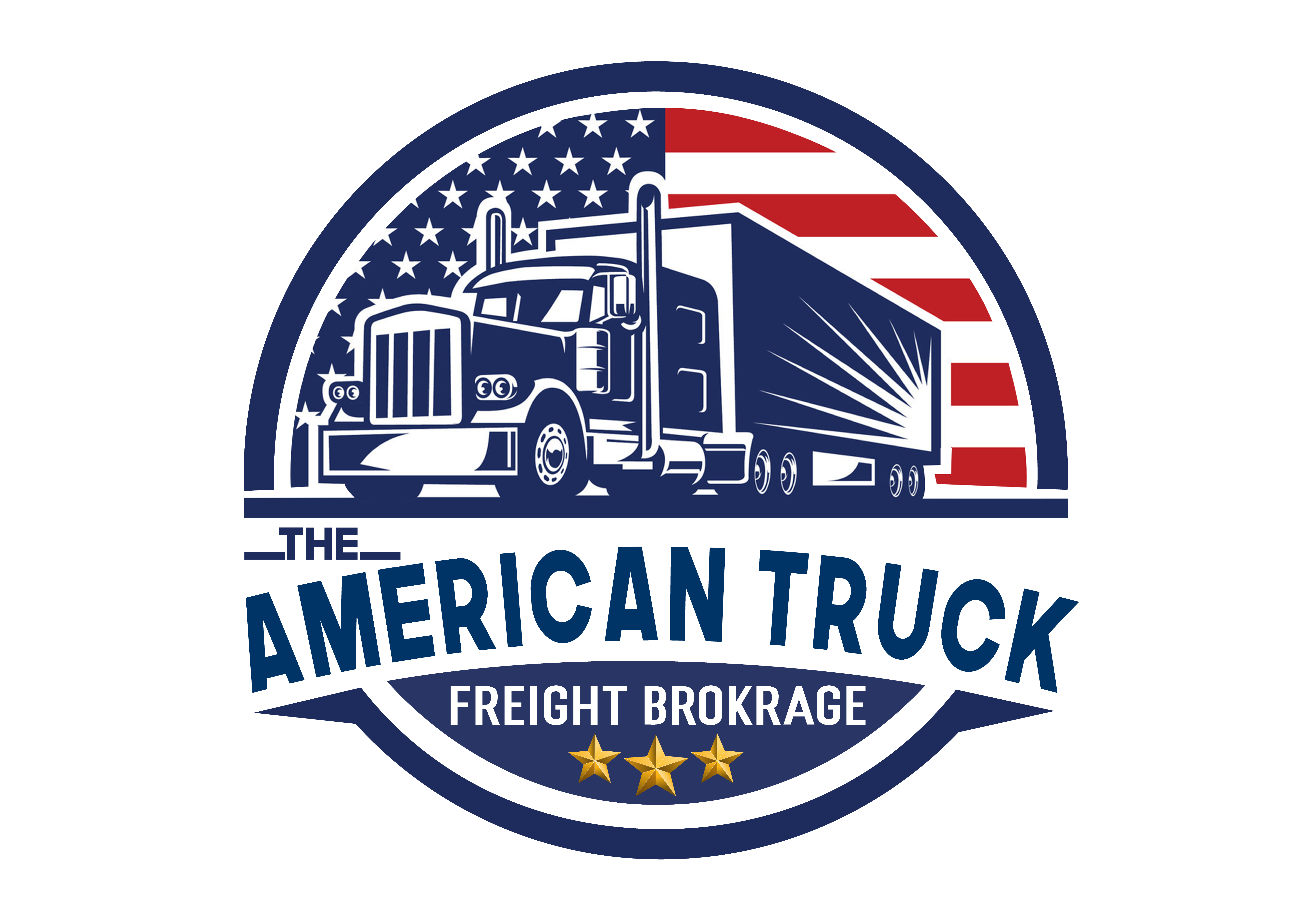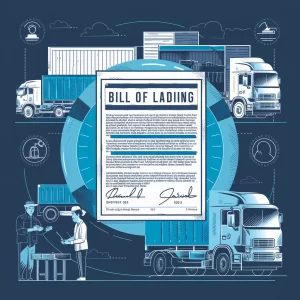
The Role of the Bill of Lading (BOL)
When shipping goods, there’s a crucial piece of paper you can’t overlook—the Bill of Lading (BOL). Think of it as the passport for your cargo, ensuring everything goes smoothly from Point A to Point B. But what exactly is a BOL, and why is it so important?
A Bill of Lading is a legal document issued by a carrier to a shipper detailing the type, quantity, and destination of the goods being carried. When the carrier delivers the goods to the predetermined destination, it serves as a shipment receipt. This document is vital in the shipping industry, acting as a contract and a receipt.
Imagine you’re sending a package to a friend across the country. You want to ensure it gets there safely and in one piece, right? The BOL does just that for larger shipments. It’s the lifeline for anyone involved in the logistics chain.
The Three Main Roles of a BOL
- Proof of Contract: The BOL is evidence of an agreement between the shipper and the carrier. It outlines the terms and conditions under which the goods are transported.
- Receipt of Goods: When the carrier takes possession of the cargo, they sign the BOL. This signifies that the goods have been received in good condition.
- Title to Goods: The BOL can also serve as a document of title, which means whoever holds the BOL has the right to claim the goods.
Types of Bills of Lading
There are various types of BOLs, each serving a different purpose. Here’s a quick rundown:
- Straight BOL: This is non-negotiable, meaning the consignee (the person receiving the goods) can only claim the cargo.
- Order BOL: Negotiable and can be transferred to a third party, making it flexible for trade.
- Bearer BOL: Whoever holds the BOL can claim the goods, adding a layer of simplicity and risk.
Key Information on a BOL
A well-prepared BOL contains critical details to prevent any hiccups in the shipping process. Here are the essentials:
- Names and addresses of the shipper, consignee, and carrier.
- Description of the goods, including weight, dimensions, and quantity.
- Special handling instructions to ensure the safe transport of fragile or hazardous items.
- Shipping date and the estimated delivery date.
Why BOLs Matter
Picture this: you’ve ordered a fancy gadget online, and you’re eagerly waiting for it to arrive. The BOL ensures your new toy reaches you safely. For businesses, it’s even more critical. It’s not just about getting goods from one place to another—it’s about maintaining trust and efficiency in their supply chain.
Real-Life Example: The Missing BOL
A small business owner, Jane, was shipping handmade furniture to a customer. Everything was packed and ready to go, but she forgot to issue a BOL. The shipment got delayed at the warehouse because there was no proof of contract. The customer was unhappy, and Jane had to spend time and money fixing the issue. A simple BOL could have prevented this headache.
BOL and Technology
In today’s digital age, traditional paper BOLs are often replaced with electronic versions. E-BOLs offer the same benefits but with added convenience. They can be easily stored, tracked, and shared, reducing the risk of loss or damage. Plus, they contribute to sustainability efforts by reducing paper usage.
Common Mistakes and How to Avoid Them
- Incomplete Information: Make sure all fields are filled out accurately. Missing details can lead to delays and extra costs.
- Wrong Address: Double-check the addresses for accuracy. A small typo can send your shipment on a detour.
- Incorrect Descriptions: Provide precise descriptions of the goods. Vague information can cause issues during customs checks.
The Future of BOLs
As technology continues to evolve, so will the BOL. Blockchain technology, for instance, is being explored to enhance the security and transparency of BOLs. This could revolutionize the shipping industry, making transactions faster and more secure.
Conclusion
The Bill of Lading is way more than just a piece of paper, you know? It’s the backbone of the shipping industry, ensuring goods are transported safely and efficiently. Whether you’re a small business owner or a logistics manager, understanding the importance of a BOL is crucial. It keeps the wheels of commerce turning smoothly, making sure everything arrives where it should, just like that package you’re eagerly waiting for at your doorstep.
In the world of shipping, the BOL is your best friend. Treat it with care, and it will save you a lot of headaches. So next time you send or receive goods, remember the humble BOL – it’s working hard behind the scenes to keep things running smoothly.
For further details, visit The American Truck Inc.
To schedule appointments, contact us for a complimentary consultancy session.






